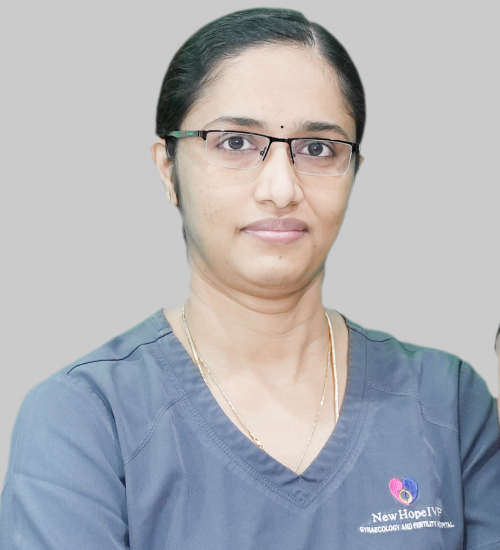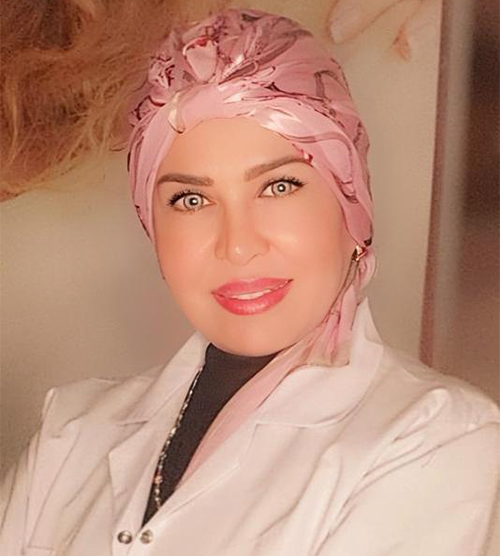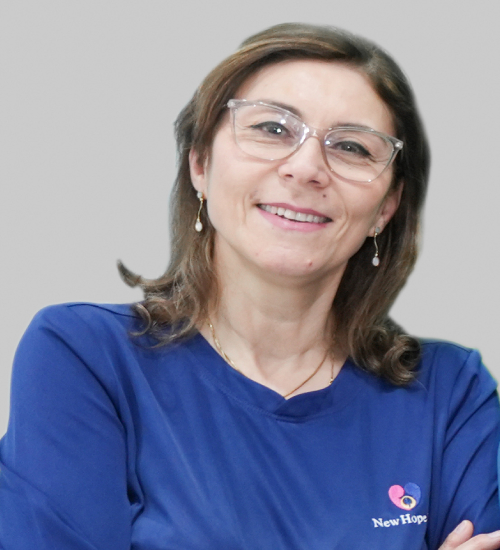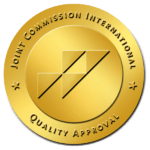What Is Advanced Maternal Age?
Advanced Maternal Age refers to pregnancy among older women which, compared to younger women, face increased risks for miscarriage, premature labor, high blood pressure and gestational diabetes. Maternal age affects the number of eggs that can be released by the ovaries and fertilized to form a healthy baby. As a woman ages, the number of healthy eggs significantly decreases. Simultaneously, her risks of forming chromosomal abnormalities which, for instance, leads to the birth of a baby with Down’s Syndrome, also increase with age.
Who Should Undergo Treatment For Advanced Maternal Age?
Women who plan to get pregnant at age 35 and beyond are specially advised to consult with an OB Gyn and consider available options for pregnancy at advanced maternal age.
What To Expect When Treating Advanced Maternal Age:
As more women choose career first over having babies, more pregnancies are desired at a latter maternal age. Utilizing natural means alone, the timing of pregnancy increases high risk of miscarriage.However, advances in assisted reproduction, such as in vitro fertilization (IVF), dramatically improves the outlook for a healthy pregnancy even among women conceiving at an advanced maternal age.
Below are just some of the things that you can expect when seeking treatment for Advanced Maternal Age:
- Depending on your risk factors, your physician will make you undergo diagnostic tests to check on the vital signs that determine your fertility and the health of your reproductive system.
- Based on the results of your tests, your physician will prescribe an appropriate method of conception and, with your consent, you and your partner will begin to pursue the method of your choice.
- Even with the use of assisted reproduction techniques, there will be higher risks involved before and during pregnancy for women at advanced maternal age.
Meet Our Doctors
Our team

Dr. Mohamed Osama Taha

Dr. Gomathy Nachimuthu

DR. IBTESAM SHEYA A. SHANEEN AL JABAWY


